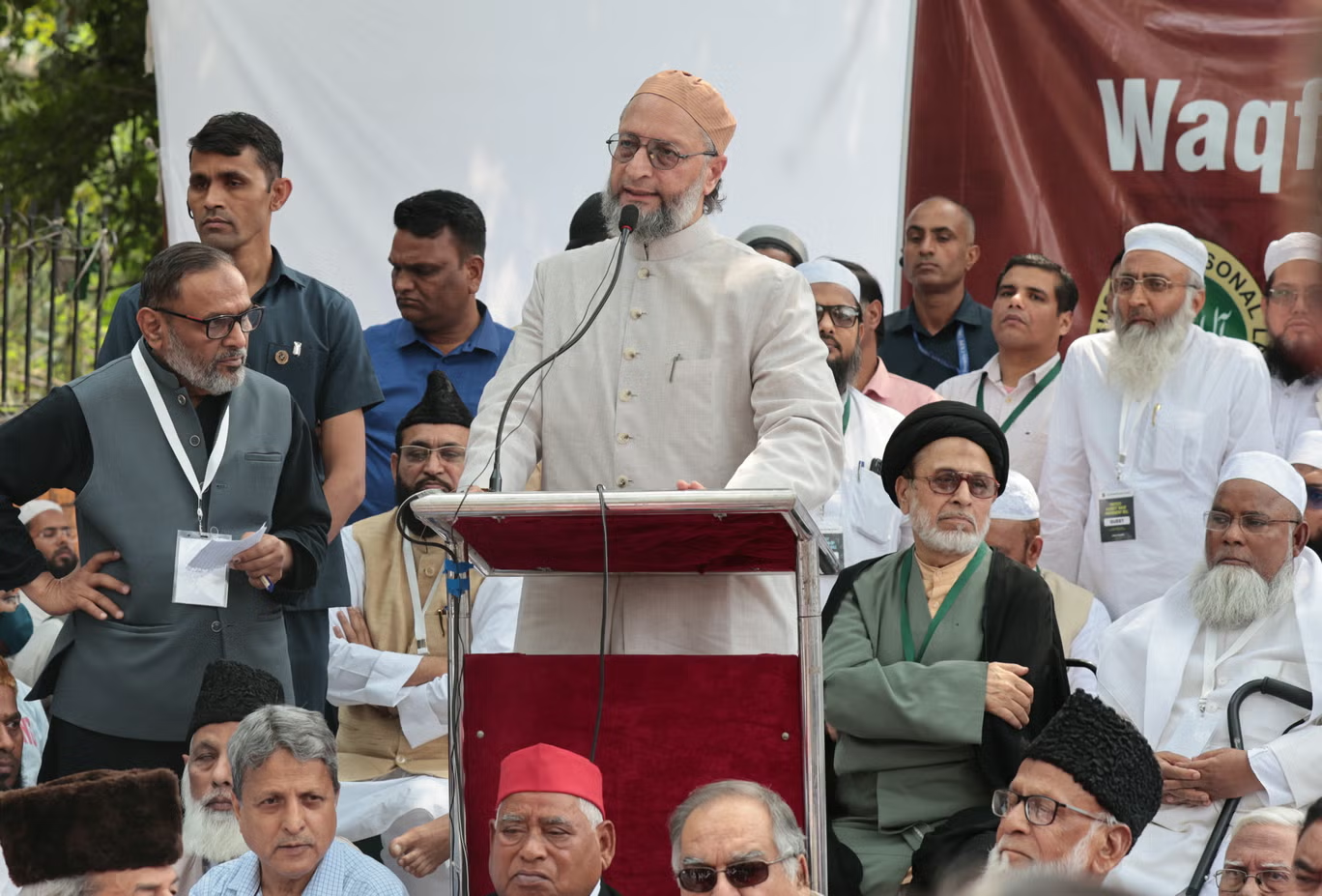New Law on Control of Waqf Properties in India – Protests in Various States Over Interference with Muslim Religious Freedoms
– India’s Parliament passed an amended law on Islamic charitable property (waqf) last Thursday, which has sparked widespread protests and allegations of increased interference by state governments.
New Law on Control of Waqf Properties in India – Protests in Various States Over Interference with Muslim Religious Freedoms
New Law on Control of Waqf Properties in India – Protests in Various States Over Interference with Muslim Religious Freedoms
New Delhi, April 5 (Reuters) – India’s Parliament passed an amended law on Islamic charitable property (waqf) last Thursday, which has sparked widespread protests and allegations of increased interference by state governments.
According to the government, the law is aimed at reducing administrative loopholes, resolving ownership disputes, enhancing transparency, and preventing the encroachment of public land. However, critics argue that the law is designed to take control of properties owned by Muslims and will curtail the freedoms of the country’s Muslim minority population.
Waqf refers to property donated for religious or charitable purposes under Islamic law, which is devoted to the welfare of society for the long term in the name of Allah. The law amends the Waqf Act of 1995, which previously entrusted the central and state waqf boards with the control and protection of charitable properties.
The new bill introduces a significant change by removing the "waqf by user" provision. This provision previously allowed properties that had been used for religious purposes for a long time but lacked formal documentation to be declared as waqf. As a result, there could be disputes over the ownership of historical and ancient mosques, madrasas, cemeteries, and other religious sites.
The proposed changes in the bill state that if a Muslim has used a property for more than five years and claims ownership, it can be declared as waqf. Additionally, decisions regarding the ownership of disputed land will now be in the hands of a government-appointed administrator, reducing the powers of the waqf boards.
Meanwhile, opposition leaders have condemned the bill as an attack on democratic values and religious freedoms. They have argued that the law will increase government interference in Muslim charitable properties and religious institutions, thereby infringing on their freedoms and religious rights.
Moreover, the new law includes a provision to include non-Muslim members in the waqf board, which many see as an attack on religious freedom. Opposition leaders claim that the government aims to exert control over the Muslim community through this provision.
The bill is now awaiting approval from President Droupadi Murmu, and concerns have been raised that if it becomes law, it will significantly increase government control over the religious properties and institutions of the Muslim community.










